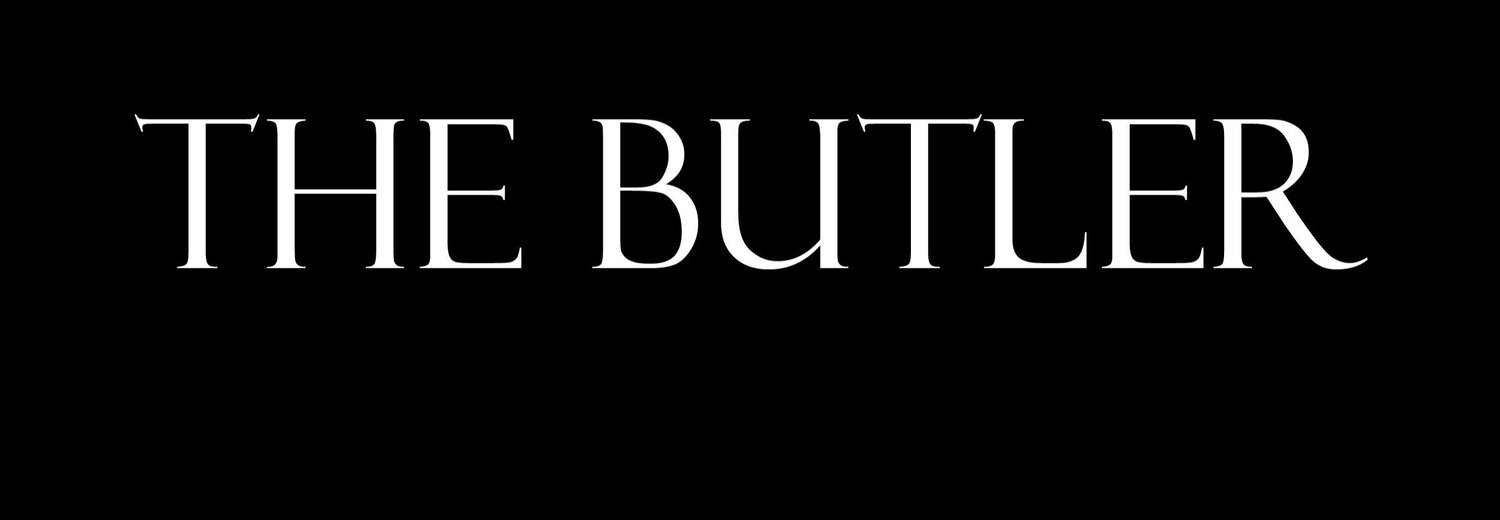Why should you keep your medical records handy?
Your emergency medical records can save your life. In the case of an emergency, there is certainty knowing your health records will be readily available to a paramedic, healthcare practitioner or healthcare worker should a medical emergency ever arise.
You can create your own emergency medical information folder to include the following:
· your name, age and gender
· your street address
· your emergency contacts
· your health summary from your GP
· your prescription medications
· your medical supplies
· form of medical permission
· any hospital discharge summaries
· any allergy or vaccination records
· phone numbers for professional emergency contacts, such as your general practitioner, local emergency responders
Medication records, health status, diagnosis, clinical documentation, and healthcare professionals' directives to other individuals in your treatment team are all common components of most medical records. You could also include X-ray and blood findings, and any other hereditary disorders you may have.
These vital pieces of information can assist paramedics, healthcare practitioners or healthcare workers to:
· evaluate your wellbeing in a knowledgeable manner
· provide any new caregiver and/or doctor with valuable information
· produce a written record of patient evaluation and treatment that may be used to guide subsequent care
· refer to the directions provided by your healthcare practitioner in relation to prescriptions, allergies, medicines etc.
So, do yourself a favour and create an emergency medical information folder today!


